Did you know that West Falkland Island is home to just 140 permanent residents but boasts over 200,000 breeding pairs of penguins across five different species? This remote wilderness paradise, the second largest in the Falklands archipelago, offers some of the world’s most accessible wildlife encounters alongside breathtaking landscapes virtually untouched by human development. From the dramatic cliffs of Cape Meredith to the rolling hills around Port Howard, West Falkland delivers extraordinary experiences for adventurous travelers seeking genuine connections with nature far from the tourist crowds.
Overview of West Falkland Island
The dramatic coastline of West Falkland Island offers breathtaking views and pristine beaches
West Falkland Island is the second largest island in the Falklands archipelago, covering approximately 4,532 square kilometers (1,750 square miles). With its sparse population, most of whom are involved in sheep farming, the island offers a genuine wilderness experience. The landscape features rolling hills, dramatic coastlines, and the archipelago’s highest point, Mount Adam, standing at 700 meters (2,297 feet).
Unlike East Falkland, which hosts the capital Stanley, West Falkland remains largely undeveloped with just a handful of settlements including Port Howard, Fox Bay, and Hill Cove. This isolation has preserved both its natural beauty and abundant wildlife, making it a paradise for nature enthusiasts, photographers, and those seeking solitude in a pristine environment.
The island’s position in the South Atlantic creates a unique ecosystem where visitors can observe incredible wildlife, including five penguin species, rare birds of prey, and marine mammals, all against a backdrop of spectacular scenery that ranges from white sand beaches to rugged mountain terrain.
Getting to West Falkland Island
Reaching this remote paradise requires some planning, but the journey is part of the adventure. There are several routes to consider when planning your trip to West Falkland Island:
International Access to the Falklands
The Falkland Islands are accessible via two main air routes:
Getting to West Falkland from Stanley
Once you’ve arrived in Stanley on East Falkland, you have several options for reaching West Falkland:
Advance booking is essential for both FIGAS flights and the ferry service, especially during the peak summer season (December-February). FIGAS operates on demand rather than a fixed schedule, with bookings confirmed the evening before travel.
Best Time to Visit West Falkland Island
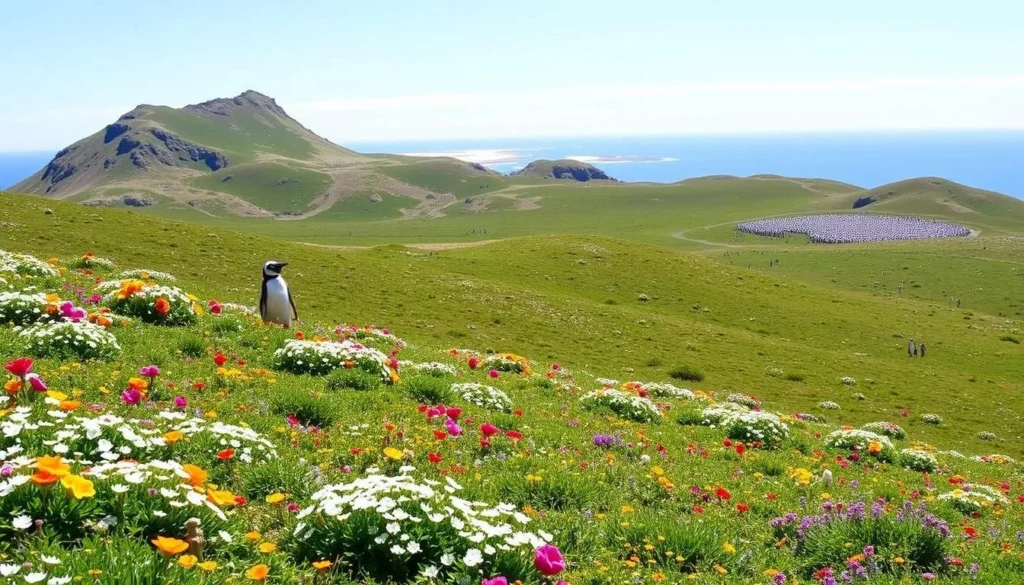
Summer (December-February) brings wildflowers and peak wildlife activity to West Falkland
The Falkland Islands experience a cool temperate climate influenced by the surrounding South Atlantic Ocean. When planning your visit to West Falkland, consider these seasonal variations:
Summer (December-February)
This is peak season with the warmest temperatures averaging 10-15°C (50-59°F). Summer offers the ideal conditions for wildlife viewing as penguin chicks are hatching and seal pups can be observed. With up to 18 hours of daylight, you’ll have maximum time for exploration. However, this is also the busiest and most expensive period, so book accommodations well in advance.
Shoulder Seasons (October-November & March-April)
These months offer fewer tourists and lower prices while still providing excellent wildlife viewing opportunities. October-November sees the arrival of migratory birds and penguins establishing colonies, while March-April features elephant seals and sea lions. Weather is more variable but still manageable for most activities.
Winter (May-September)
The coldest months with temperatures between 0-5°C (32-41°F). While many wildlife species have departed, this period offers a unique perspective on island life and the opportunity to experience West Falkland like a local. Some accommodations and tour operators close during this period, so advance planning is essential.
Weather in the Falklands can be unpredictable year-round, with strong winds common throughout the year. Always pack layers, waterproof clothing, and be prepared for rapidly changing conditions regardless of when you visit.
Getting Around West Falkland Island
West Falkland’s sparse infrastructure and rugged terrain present unique transportation challenges, but these are part of the authentic experience of visiting this remote island:
Local Transportation Options
Road Conditions
Roads on West Falkland are primarily gravel tracks connecting the main settlements. Outside these tracks, travel is cross-country over open terrain. A good map, compass, and ideally a GPS are essential if exploring independently. Always inform your accommodation of your planned route and expected return time when venturing out.
The distance between settlements can be substantial, and there are no fuel stations between the main centers. Plan your journeys carefully and carry extra fuel if undertaking longer trips.
Where to Stay on West Falkland Island
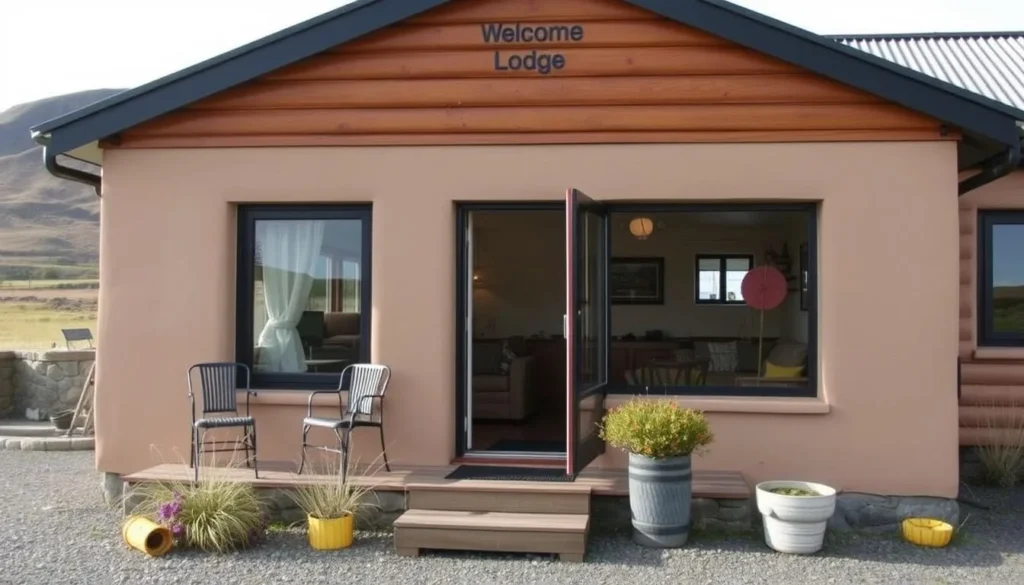
Port Howard Lodge offers comfortable accommodation with authentic Falklands hospitality
Accommodation on West Falkland is limited but characterful, offering authentic experiences and warm Falklands hospitality. Most options are small lodges or guesthouses in the main settlements:
Port Howard
The largest settlement on West Falkland offers comfortable accommodation at Port Howard Lodge. This converted manager’s house provides full-board accommodation with home-cooked meals featuring local ingredients. The lodge is an excellent base for exploring the surrounding area and learning about the island’s sheep farming heritage.
Hill Cove
This picturesque settlement offers several accommodation options, including the unique Boxwood Pod – the Falklands’ first glamping spot. Traditional farm cottages are also available for self-catering stays. Hill Cove provides easy access to some of the island’s best wildlife viewing opportunities, including black-browed albatross colonies.
Fox Bay
Both Fox Bay East and Fox Bay West offer guesthouse accommodation with stunning coastal views. These settlements are ideal for experiencing authentic farm life and exploring the surrounding beaches and wildlife areas.
Island Lodges
Several smaller islands off the coast of West Falkland offer lodge accommodation, including Carcass Island, New Island, and Weddell Island. These provide an even more remote experience with exceptional wildlife viewing opportunities right on your doorstep.
Advance booking is essential for all accommodation on West Falkland, especially during the peak summer season (December-February). Most lodges offer full-board arrangements with home-cooked meals featuring local ingredients like Falklands lamb, fresh fish, and homegrown vegetables.
Dining & Local Cuisine on West Falkland
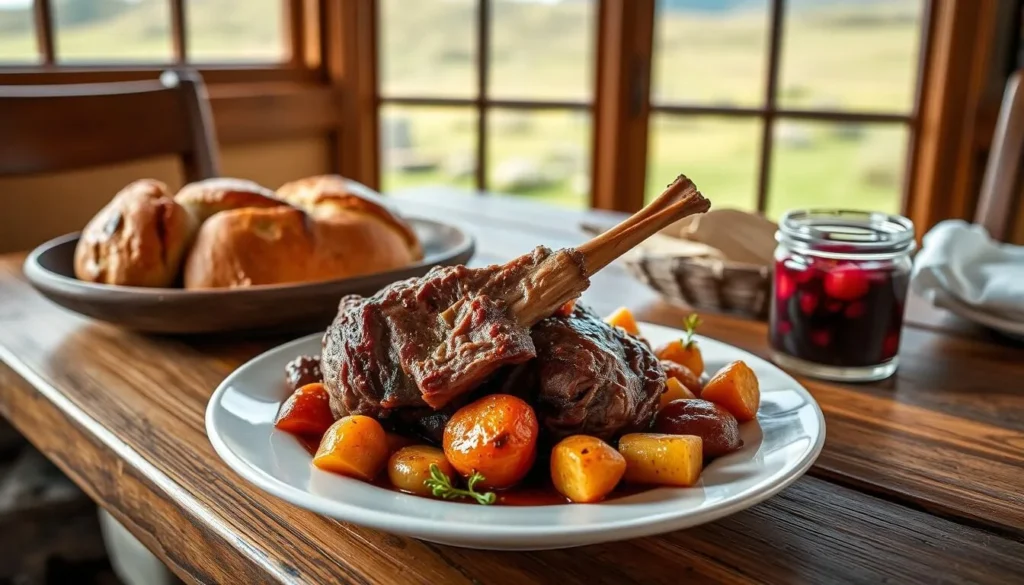
Traditional Falklands cuisine features locally-sourced ingredients like lamb and diddle-dee berries
Dining on West Falkland is characterized by hearty, home-cooked meals using locally sourced ingredients. Most visitors experience Falklands cuisine through their accommodation, as standalone restaurants are rare outside of Stanley.
What to Try
Dining Experiences
Most lodges and guesthouses on West Falkland provide full-board accommodation, with all meals included. These home-cooked meals often feature produce from the property’s gardens and locally raised meat, creating an authentic farm-to-table experience.
The social aspect of dining is important in the Falklands, with meals often being communal affairs where visitors can share stories with hosts and other guests. This provides valuable insights into island life and culture.
If self-catering, basic supplies can be purchased at small shops in the main settlements, but selection is limited. Consider bringing specialty items or snacks if you have particular dietary requirements.
Wildlife Encounters on West Falkland
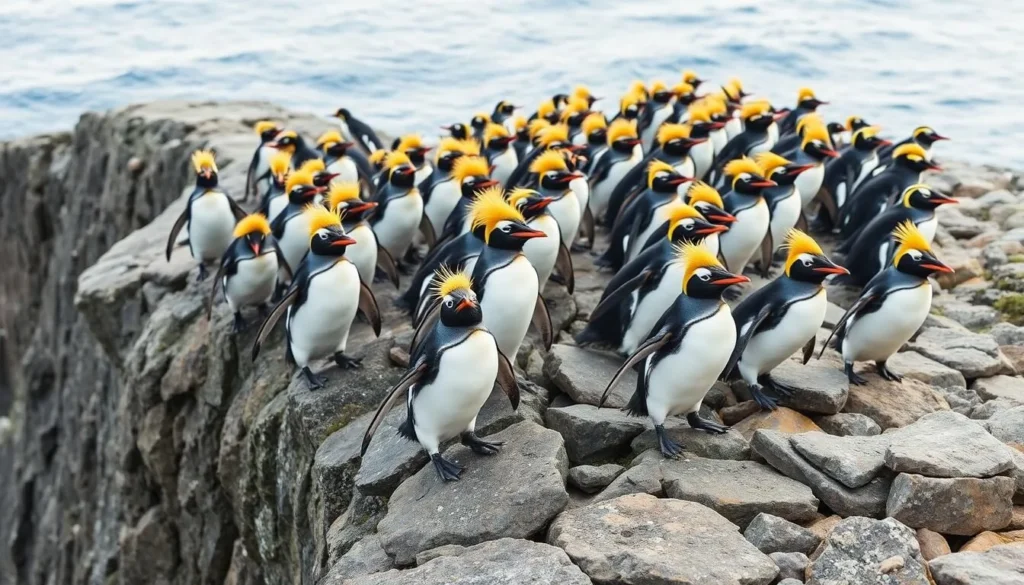
Rockhopper penguins navigate the steep cliffs of West Falkland with remarkable agility
West Falkland offers some of the most accessible and diverse wildlife viewing opportunities in the world. With minimal crowds, you can observe fascinating species up close in their natural habitats without barriers or restrictions.
Penguin Species
West Falkland is home to several penguin species, each with distinct characteristics:
Rockhopper Penguins
These small, feisty penguins with distinctive yellow crests can be found at several locations around West Falkland, particularly at Settlement Rookery near Hill Cove. They’re known for their remarkable ability to hop up steep cliffs from the sea to their nesting sites.
Gentoo Penguins
Recognizable by their bright orange bills and white eye patches, gentoo penguins can be found at numerous colonies around West Falkland. They’re the fastest swimming penguins, capable of reaching speeds up to 36 km/h (22 mph).
Magellanic Penguins
These burrowing penguins are widespread throughout West Falkland. Unlike other species, they nest in underground burrows rather than on open ground, making them somewhat harder to spot but commonly seen near coastal areas.
King Penguins
While less common on West Falkland than East Falkland, small numbers of these majestic penguins with bright orange neck patches can occasionally be spotted at certain beaches around the island.
Other Wildlife
When observing wildlife, always maintain a respectful distance and follow the guidance of local experts. The animals of West Falkland are generally unafraid of humans due to minimal disturbance, allowing for extraordinary close encounters when approached quietly and carefully.
Top Attractions on West Falkland Island
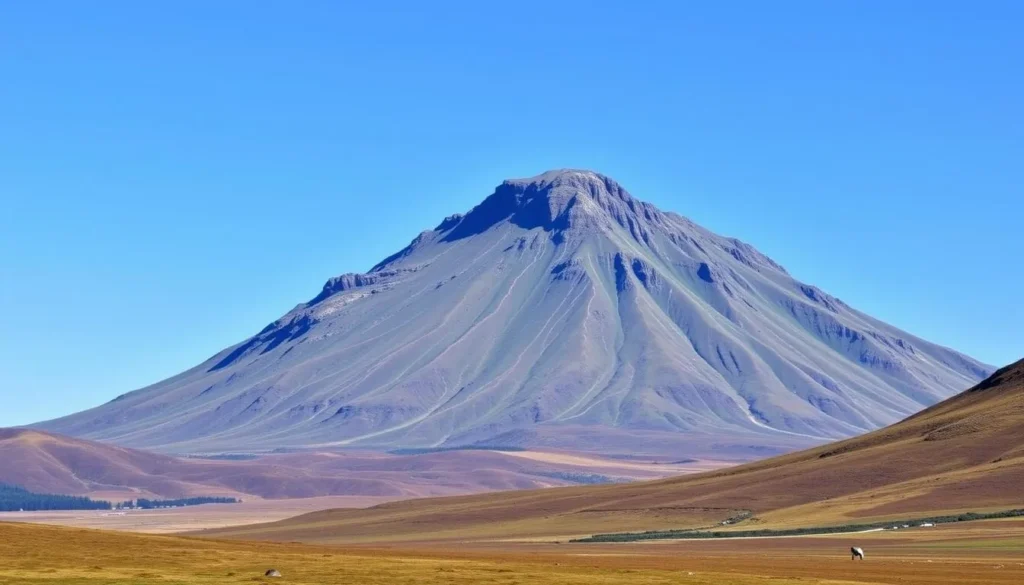
Mount Adam, standing at 700 meters (2,297 feet), is the highest peak in the Falkland Islands
Natural Landmarks
Settlements
Map of West Falkland Island showing major settlements and attractions
Historical Sites on West Falkland
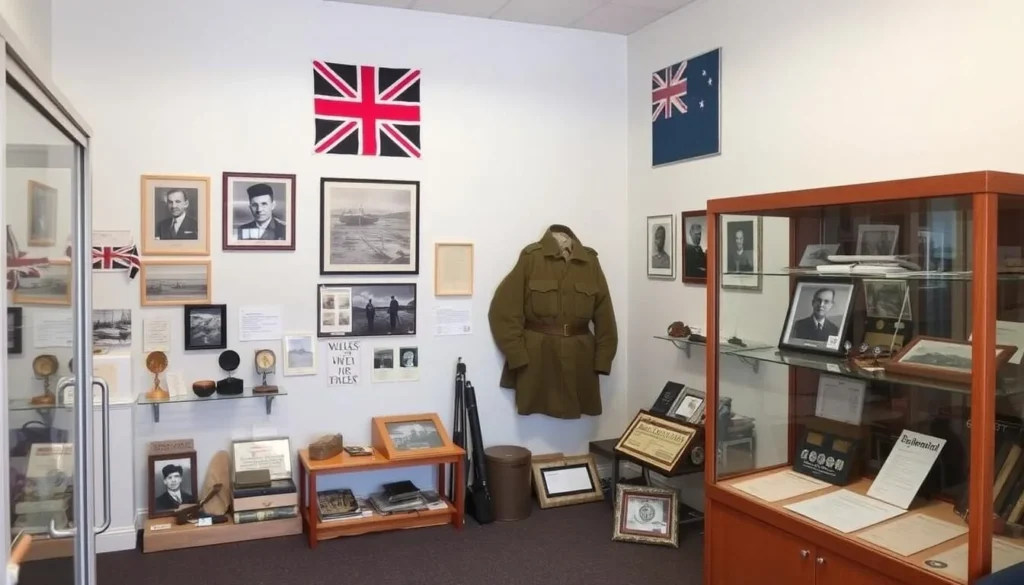
The Port Howard Museum houses artifacts and information about the 1982 conflict
West Falkland has a rich history that encompasses early settlement, maritime heritage, and the 1982 conflict between Britain and Argentina. History enthusiasts will find several sites of interest across the island.
1982 Conflict Sites
Settlement History
Many local residents have personal connections to the island’s history and are often happy to share stories and insights with visitors. Taking time to chat with locals can provide a deeper understanding of West Falkland’s heritage than any formal museum.
Outdoor Activities and Adventures
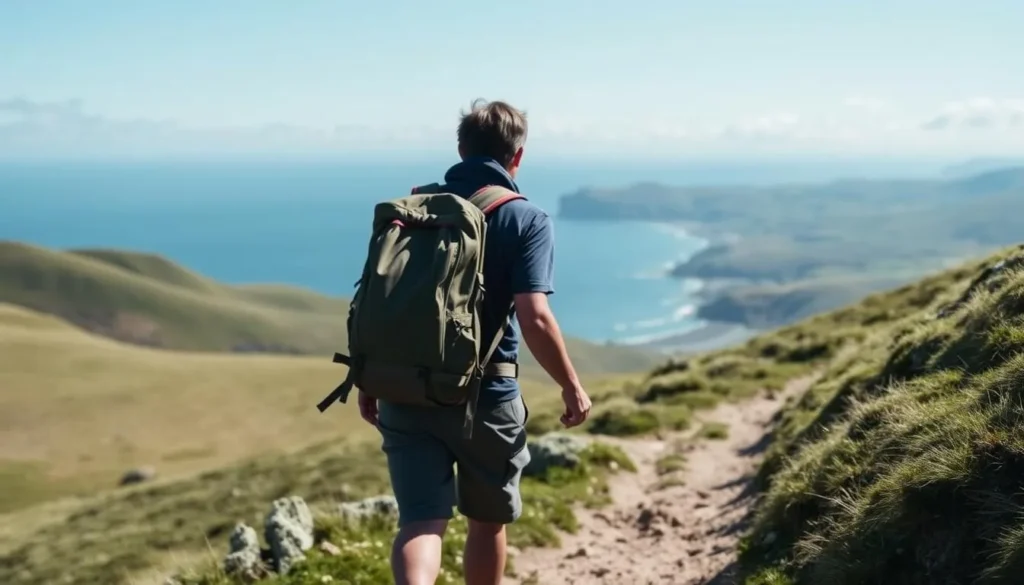
The diverse terrain of West Falkland offers excellent hiking opportunities with stunning views
The pristine landscapes of West Falkland provide the perfect backdrop for outdoor enthusiasts. From gentle coastal walks to challenging hikes, there are options for all fitness levels and interests.
Hiking and Walking
West Falkland offers numerous hiking opportunities, from short nature walks to full-day treks:
When hiking in West Falkland, be prepared for rapidly changing weather conditions and challenging terrain. Always inform someone of your plans, carry appropriate gear, and be aware that mobile phone coverage is limited outside settlements.
Fishing
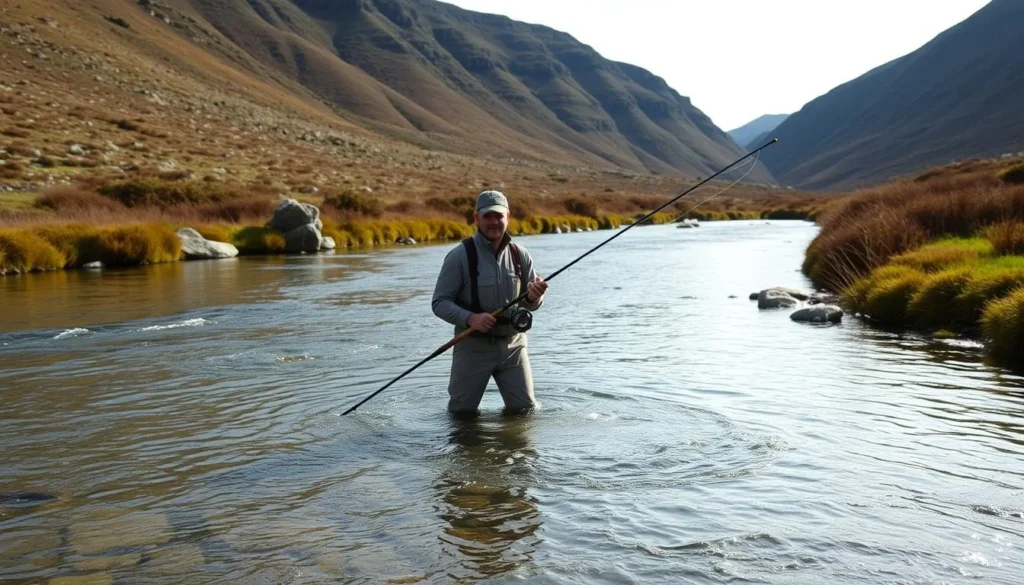
The rivers and streams of West Falkland offer excellent fishing opportunities
West Falkland offers excellent fishing opportunities, particularly for sea trout and mullet. The Chartres River and Warrah River are popular spots, and most landowners are happy to grant permission for fishing on their property. Local guides can provide equipment and advice on the best locations based on seasonal conditions.
Photography
With its dramatic landscapes, abundant wildlife, and quality of light, West Falkland is a photographer’s paradise. The accessibility of wildlife means even amateur photographers can capture exceptional images. Consider bringing a zoom lens for wildlife and a wide-angle lens for landscapes. The ever-changing weather creates dramatic lighting conditions that can transform ordinary scenes into extraordinary photographs.
Cultural Experiences on West Falkland
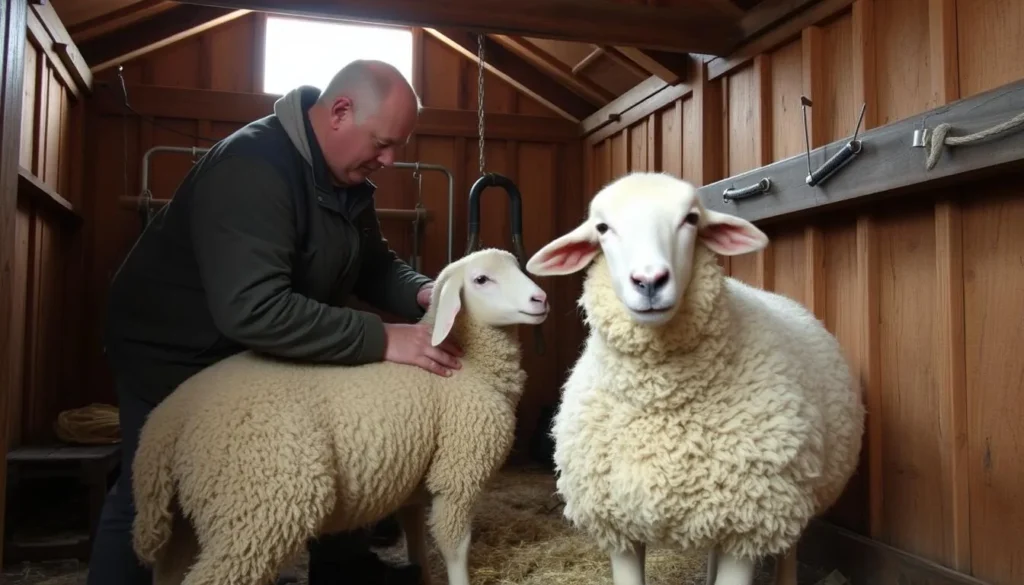
Sheep shearing demonstrations offer insight into the agricultural heritage of West Falkland
While West Falkland may not have formal museums or cultural institutions, the island offers authentic cultural experiences through interaction with local communities and participation in traditional activities.
Farm Life
Sheep farming has been the backbone of the Falklands economy for generations, and many farms on West Falkland welcome visitors to experience aspects of this lifestyle:
Local Crafts

Locally crafted wool products showcase traditional Falklands craftsmanship
The Falklands have a strong tradition of handicrafts, particularly those utilizing local wool:
Community Events
If your visit coincides with local events, you’ll gain insight into the close-knit community of West Falkland:
Practical Travel Information
Money and Communications
The Falkland Islands pound (FKP) is the local currency, which is at parity with the British pound (GBP). British pounds are widely accepted, but other currencies generally are not. There are no banks on West Falkland, so bring sufficient cash from Stanley. Most accommodations accept credit cards, but be prepared for potential connectivity issues.
Internet access is available at most accommodations on West Falkland, though speeds may be slower than you’re accustomed to. Mobile phone coverage is limited to areas around settlements. Some international roaming agreements exist, but it’s worth checking with your provider before travel.
Health and Safety
There are no medical facilities on West Falkland beyond basic first aid at settlements. Comprehensive travel insurance with evacuation coverage is strongly recommended. The islands are generally very safe with minimal crime, but outdoor hazards include rapidly changing weather and challenging terrain.
Some areas still contain unexploded ordnance from the 1982 conflict; these are clearly marked and should be avoided. Always follow local advice regarding restricted areas.
What to Pack
Local Etiquette and Customs
Understanding local customs will enhance your experience on West Falkland and ensure respectful interactions with residents:
Falkland Islanders are known for their warm hospitality and willingness to help visitors. Don’t hesitate to ask for advice or assistance, but be mindful of people’s time and work commitments, especially during busy farming periods.
Plan Your West Falkland Island Adventure
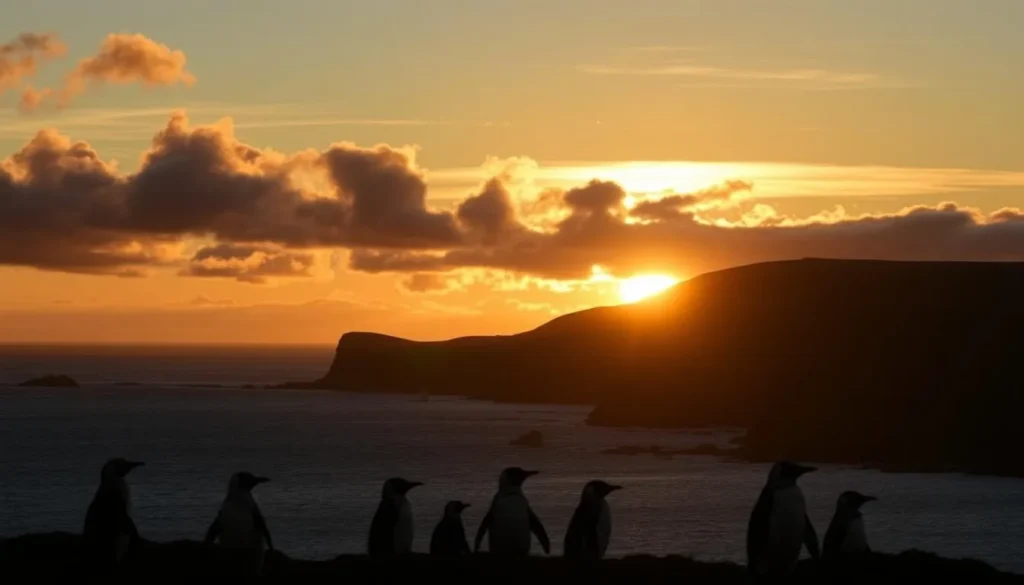
The magical combination of pristine wilderness and accessible wildlife makes West Falkland truly special
West Falkland Island offers a truly unique travel experience that combines extraordinary wildlife encounters, breathtaking landscapes, fascinating history, and warm hospitality. Whether you’re watching rockhopper penguins navigate steep cliffs, hiking across rolling hills dotted with unusual stone runs, exploring battlefield sites, or simply enjoying the peaceful rhythm of island life, West Falkland will leave you with memories to last a lifetime.
This remote island may require more planning than conventional destinations, but the rewards are immeasurable. Here, in one of the world’s last great wilderness areas, you’ll find an authentic experience far from the crowds and commercialization of mainstream tourism. West Falkland welcomes adventurous travelers with open arms and unforgettable experiences.

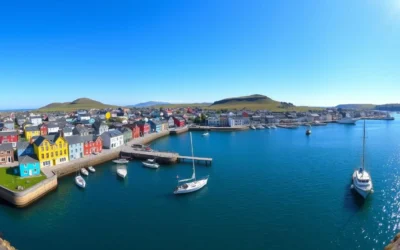
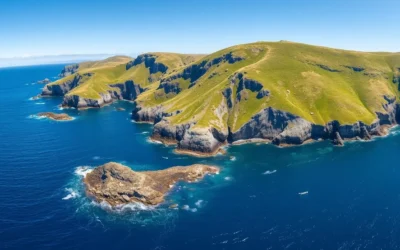
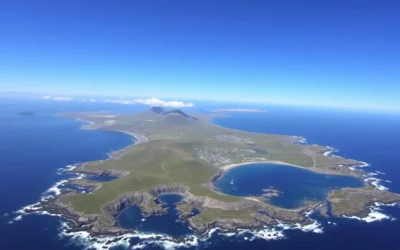
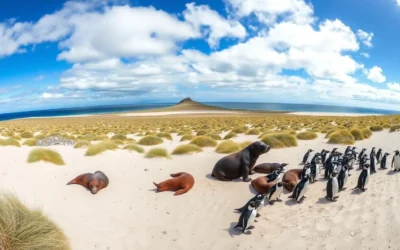
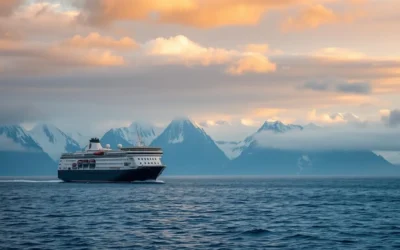
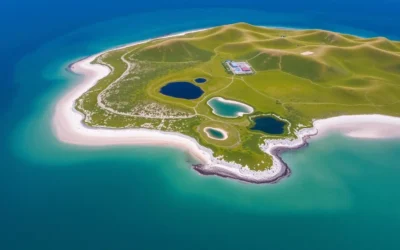
0 Comments